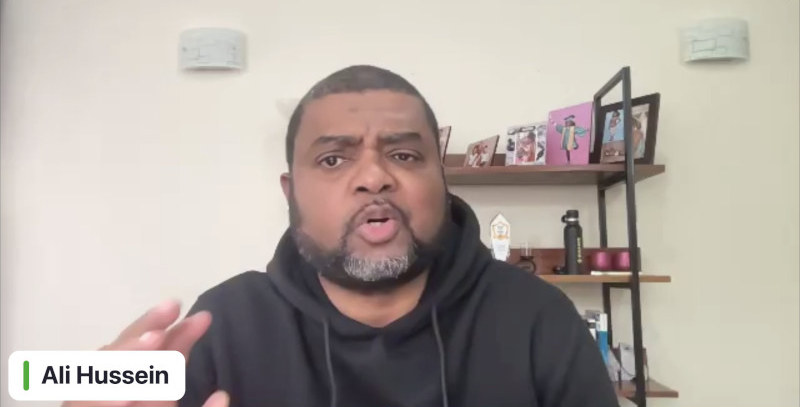Greetings Ladies and Gentlemen
I would like to begin by thanking the KICTANet team, our sponsors and all those who participated in bringing all of us together for this year’s Kenya Internet Governance Forum 2022. This year’s global IGF theme is ‘Resilient Internet for a shared sustainable and common future’ and indeed the Kenya IGF theme is aligned to the global IGF theme and will respond to the local context including the upcoming 2022 general election. In the course of this day, we shall discuss topics at the centre of data governance and privacy, Technology and elections, internet connectivity and other emerging issues.
A lot has happened in the past year, for example, Kenya enacted three sets of Data Protection Regulations that are necessary to operationalize the Data Protection Act, with the registration of data controllers and data processors set to commence in July 2022. These laws have an unprecedented impact on all sectors of the economy from finance to healthcare causing us to put our people at the centre of business models.
In the same breadth, access to meaningful internet connectivity for all Kenyans is growing. The Communications Authority enacted a licensing framework for community networks that allows them to gain access to spectrum and influences them to design funding models that promote their sustainability. The authority is also promoting access to the internet for persons with disabilities. We as KICTANet are members of the UK Digital Access Program and together with other stakeholders continue to work for an inclusive and accessible internet. However, for internet access to be meaningful, users must also have knowledge of cyber hygiene that allows them to avoid cyber risks and threats. To this end, we applaud efforts by the government to enact a national action plan on child sexual exploitation and abuse that will see the government implement reforms to ensure child online protection.
However, as we draw closer to elections, we must interrogate the role of technology in elections. In the past elections, we witnessed the use of personal data in political campaigning. Largely, personal data is an asset for private entities and political parties that can be utilized to influence a voter’s choice through microtargeting, robocalls and sending personal messages through bulk SMSs. During the 2017 elections, political campaigns were also able to influence a voter’s first impression by using attack adverts. For example, a simple search for a word like Scandal, the movie, brought results on scandals linked to the Cambridge Analytica Campaign.
Beyond the use of filter bubbles, voter profiling and data-driven campaigns, hate speech and inciteful speech, misinformation and disinformation are aspects of great concern during elections. Already we have witnessed a rise in electoral misinformation on various platforms that according to research is amplified by platform algorithms. In the same breadth, online gender-based violence continues to spur across the net, shrinking the ability of women in particular to exercise their right to free expression and association online.
On a positive note, we bear witness to the fruit of our advocacy. In line with our recommendations for social media companies to strengthen policies and enforcement on political messaging and electoral misconduct. This past week Meta (the holding company that owns Facebook) informed us of steps taken by the platform to increase electoral integrity such as providing transparency on who is paying for political ads and hosting ads in the ad library. This is against other wins such as growing appreciation for data protection impact assessments by government and the private sector for processing of data that poses a high risk to individuals. These wins are a step in the right direction calling for us to be ever more vigilant in our efforts to uphold our digital rights.
As we begin these interesting discussions today, I hope this presents us with an opportunity to critically assess how far we have come and what efforts we need to do together, in the spirit of multstakeholderism to ensure a resilient internet.
Asanteni




